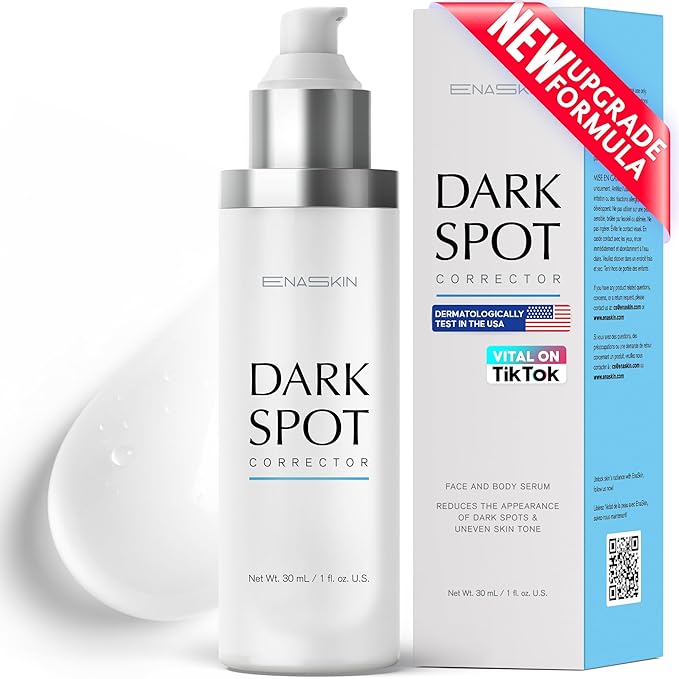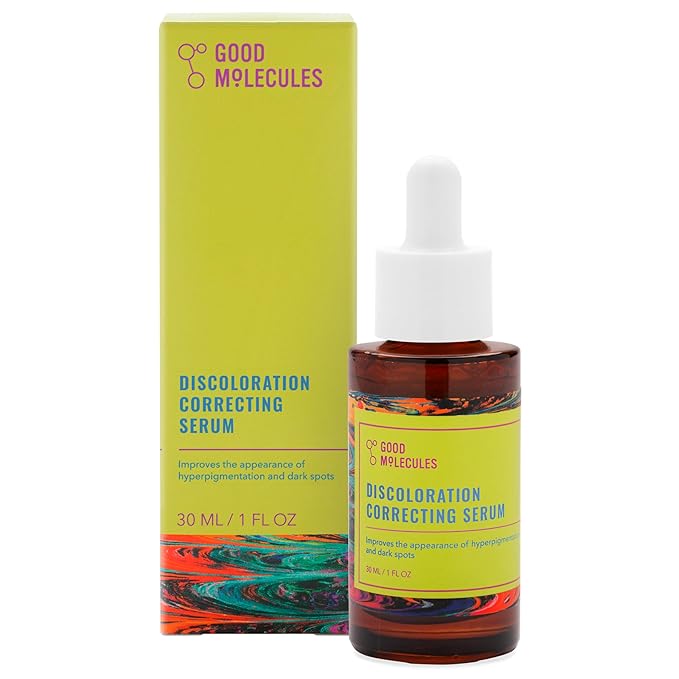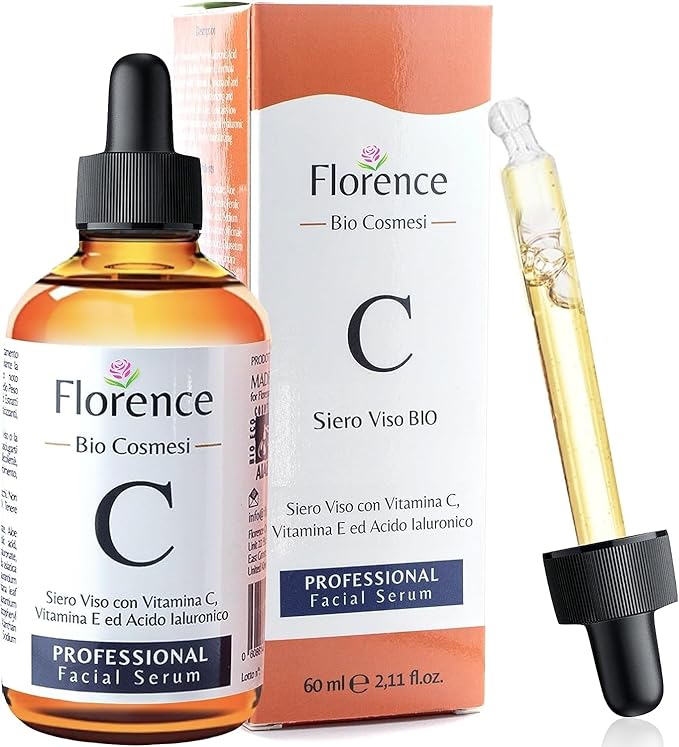Melasma is a skin condition characterized by freckle-like dots or dark or blue-gray patches. It's frequently known as the "mask of pregnancy." Overproduction of the cells responsible for skin color might result in melasma. It is common, safe, and maybe helped by some treatments. Usually, melasma goes away in a few months.
Other Topics You Might Like
Helpful Products You Might Like

EnaSkin Dark Spot Remover for Face and
Body

Good Molecules Discoloration Correcting Serum

Florence Vitamin C Anti Aging Dark Spot Remover Facial Serum
"(Paid Links)" 
What Causes Melasma?
The hormones progesterone and oestrogen are linked to melasma, which indicates that hormone replacement medication, pregnancy, and birth control pills can all causitma. Thyroid conditions and stress are also linked to melasma.
Melasma can also be linked to sun exposure. The sun's UV radiation can harm melanocytes, the skin cells linked to pigmentation.

What is the Treatment for Melasma?
Suppose your melasma is brought on by pregnancy or birth control pills. In that case, it may resolve itself once your hormones return to normal.
There are various ways to eliminate melasma if it doesn't go away alone. Topical treatments and lotions are frequently the first choice to lighten the skin. Among these melasma remedies are:
Hydroquinone
Melasma home remedies

Suppose your melasma is triggered by pregnancy or birth control pills. If so, the discoloured areas could go away on their own after the pregnancy or if you stop taking the medication.
However, you may want to treat your melasma at home. Here are a few typical home cures:
Aloe vera
Pregnant women with melasma found that topical, liposome-encapsulated aloe vera preparation significantly improved their melasma.
Polypodium leucotomos
This fern is indigenous to South and Central America. It is marketed under the brands Helicrane and Kalevala. It is also known as anapsid and Caligula.
An orally taking Polypodium leucotomos can treat melasma. However, researchers don’t include a recommended dosage.
Tranexamic acid
Tranexamic acid, a synthetic derivative of the amino acid lysine, is another promising oral therapy for melasma.
Glutathione
This antioxidant is composed of three amino acids: cysteine, glutamic acid, and glycine. It is present in most mammals.
When taken orally, glutathione decreased melanin in melasma patients compared to those who took a placebo. An excess of melanin production can lead to hyperpigmentation.
Sun protection
Keep your skin safe.Every day, put on sunscreen and reapply it every two hours. When you're outside, think about donning a hat with a wide brim.

Conclusion
If you have gray-brown skin spots on your face, you might have melasma. You can confirm its diagnosis and treatment can be administered by your physician.
When receiving treatment, exercise patience. Results frequently take months to manifest. In order to keep your melasma from coming back, your doctor may advise maintenance therapy once it goes away.
Keep in mind that prevention is crucial, regardless of the treatment that is best for you. When you're outside, always wear a wide-brimmed hat and sunscreen.
